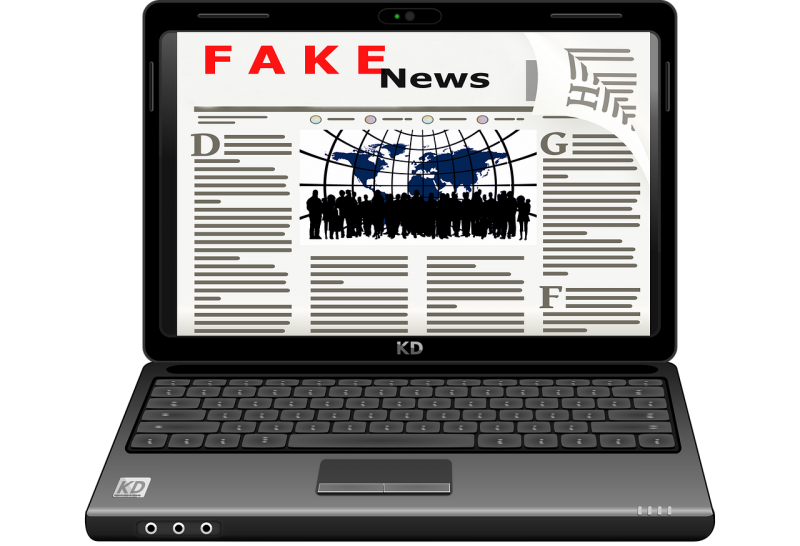Not another fake news post…

The subject of fake news has been all over the ‘real news’ recently causing confusion over which stories can be trusted. But is fake news bad news for PRs?
It’s fair to say there have always been issues with trust between the media and its audience. Biased news is quite common and sometimes in the haste to get stories to press journalists miss verifying facts. Although incorrect information may have been provided by PRs, journalists and media outlets often take the blame.
The public has granted journalists a bit of leeway with their stories. And rightly so – it’s a hard job fact-checking every piece of information received. But there’s a big difference between a slip in verification and a deliberate work of fiction.
Fake news is not new, but its visibility has reached a point where the public will no longer tolerate it.
Social media makes it easy for news to spread like wildfire. As stories get shared by friends and family that you trust, the idea that the information could be incorrect is often overlooked. This is exactly what the fake news sites want to happen.
Optimised for easy sharing, appearing to come from trusted sources and containing the names of known brands or influencers. These are all tactics used by fake news sites – and the reason their stories go viral so quickly.
What does this mean for PRs?
Stop fake news spreading
- Play your part in providing truthful content. Use credible sources and always verify information before your share it – especially on social media
- Be transparent and attribute sources. This allows people to check for themselves and helps cover your back
What if your client is included in a fake news story?
Address rumours straight away
- Depending on the severity of the accusations, this could be a PR crisis situation. Respond quickly and concisely and get your messages to as many people as possible
- Internal communication is equally important – all employees are brand messengers and need to be relaying your side of the story
Avoid fuelling the fire
- Although responding is essential – don’t spend time defending against each message you receive. Block and ignore trolls – your time is better spent sending positive messages that inform people of the truth
With fake news reaching its peak around the UK Brexit referendum and the US presidency election, Google and Facebook have recently announced a crackdown on false information. But who really decides what should be designated as fake news and how can these sites full of user-created content really police it?
In the midst of the 8 June general election, we’ll certainly be keeping our eye out for fake news. Can it really be reduced? Only time will tell.
For now, PRs and the media need to work together to fight for the truth.






